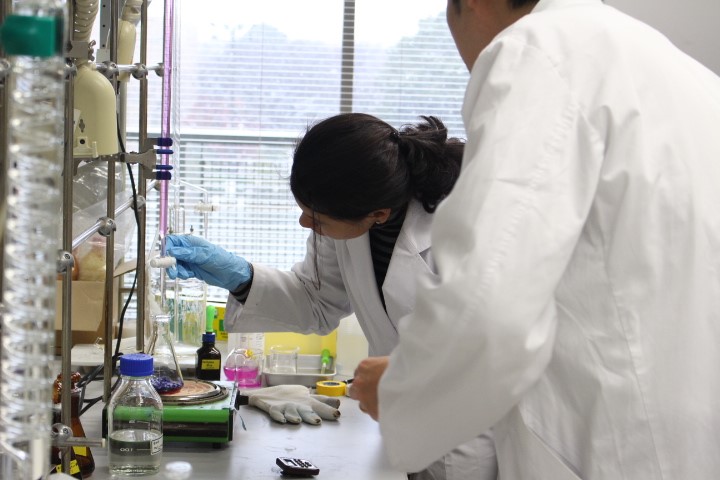
Customs laboratories play a crucial role in combating hydrocarbon crime in Europe. This issue involves illicit activities such as fuel fraud and smuggling, which pose significant economic and environmental risks. These specialized labs are equipped to analyze and identify illegal hydrocarbon products, ensuring compliance with regulatory standards. By employing advanced techniques in chemical analysis, customs laboratories can detect adulterated fuels and track the origins of illicit substances. Their work supports law enforcement agencies in prosecuting offenders and helps safeguard the integrity of the European energy market.
Key Functions of Customs Laboratories
-
Chemical Analysis: Utilizing sophisticated equipment to test fuel samples for compliance with legal standards.
-
Identification and Tracking: Tracing the origins of illegal hydrocarbon products to disrupt criminal networks.
-
Support to Law Enforcement: Providing crucial evidence for prosecuting hydrocarbon-related crimes.
-
Economic Protection: Preventing fuel fraud helps maintain fair market practices and protects revenue.
-
Environmental Safeguarding: Ensuring that fuels meet environmental standards to prevent pollution.
Importance and Impact
The role of customs laboratories is vital in maintaining the security and legality of the European hydrocarbon market. By preventing fuel fraud and smuggling, these labs not only protect economic interests but also contribute to environmental conservation efforts. Their technical expertise and analytical capabilities are essential in the ongoing fight against hydrocarbon crime.
For more detailed information, you can read the full article.
